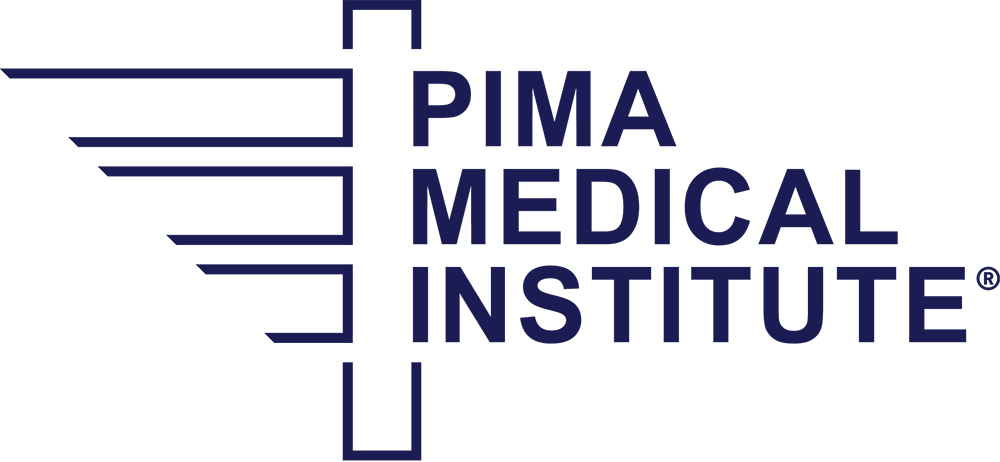Healthcare administrative assistants, formerly medical administrative assistants, have a relatively short educational path as it only takes eight months to complete the certificate program at Pima Medical. This makes it an ideal career for those looking to get their foot in the door in the medical field, and don’t want direct patient contact.
Although the first interaction you’ll have when you walk into a physician’s office is most likely a healthcare administrative assistant, they do have more responsibilities than just checking you in. Let’s take a deeper look into the profession’s job duties.
Technical Job Responsibilities: Healthcare administrative assistants are responsible for a wide-range of technical tasks to ensure the office they are managing functions seamlessly. The duties may vary by location but typically include:
- Scheduling
- Setting appointments
- Assisting physicians with reports, articles and conference proceedings
- Patient care
- Customer billing
- Data entry
- Electronic medical records
- Working with current software technologies
- Verifying insurance
General Job Responsibilities: These are common responsibilities that employers will seek that you currently possess and can sometimes be skills you’ve learned in school or on previous jobs. These responsibilities include:
- Communicating with the healthcare team and patients
- Providing quality customer service – in person, on the phone, emails and more
- Multi-tasking multiple front-office duties
- Organizing projects
- Paying attention to detail
- Demonstrating good teamwork
Keep in mind not all healthcare administration assistant careers are the same, as some skills and job duties will be unique to the particular job environment. But this information should give you a better understanding of the types of responsibilities you’ll have while working in this entry-level position.
At Pima Medical, you have the opportunity to advance your healthcare administration education from a certification to a healthcare administration associate degree, then a bachelor of science in healthcare administration, and even a master of science in organizational leadership, if you choose. The more education and experience you earn, the more career opportunities you’ll have along with higher pay, job titles and responsibilities.



